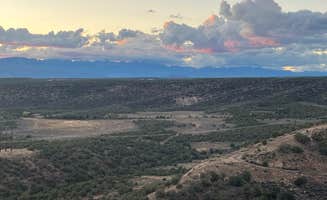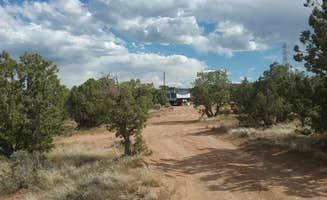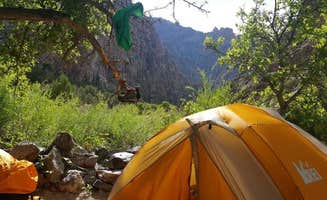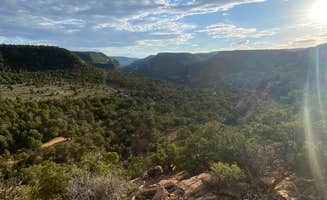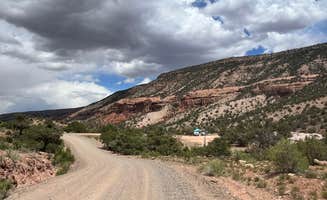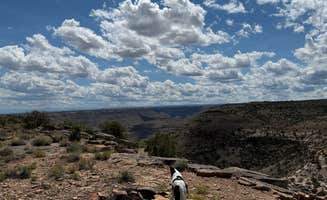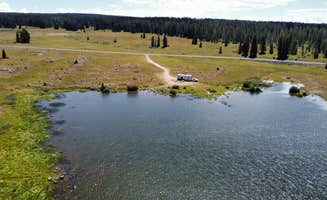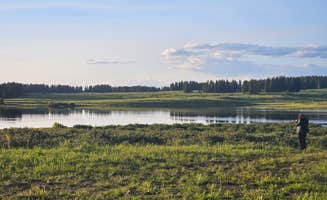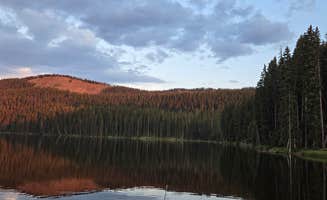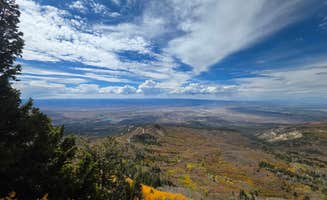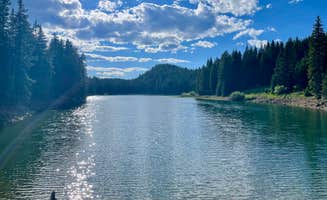Best Dispersed Camping Areas Around Olathe, Colorado
Several free dispersed camping areas surround Olathe, Colorado, with Black Canyon Dispersed Camping being the closest established option. Located near Black Canyon of the Gunnison National Park, these primitive sites require high-clearance vehicles as the dirt roads become rough and potentially muddy after rain. The terrain features scattered pinyon-juniper forests with limited flat ground and occasional cacti to navigate when setting up camp.
Escalante Canyon Road and Gunnison Gorge National Conservation Area offer additional boondocking opportunities. The Gunnison Gorge sites sit directly alongside the river with some providing picnic tables and vault toilets, though the access road is narrow and bumpy. "The dirt road getting there could be a little scary. It's one car width and has some drop offs next to it," noted one camper. Most dispersed areas have established fire rings, though seasonal fire restrictions are common. Sites fill quickly on summer weekends but typically have availability midweek, with optimal camping weather from May through September. For the best dispersed camping experience near Olathe, arrive early on weekdays to secure prime riverside campsites.


